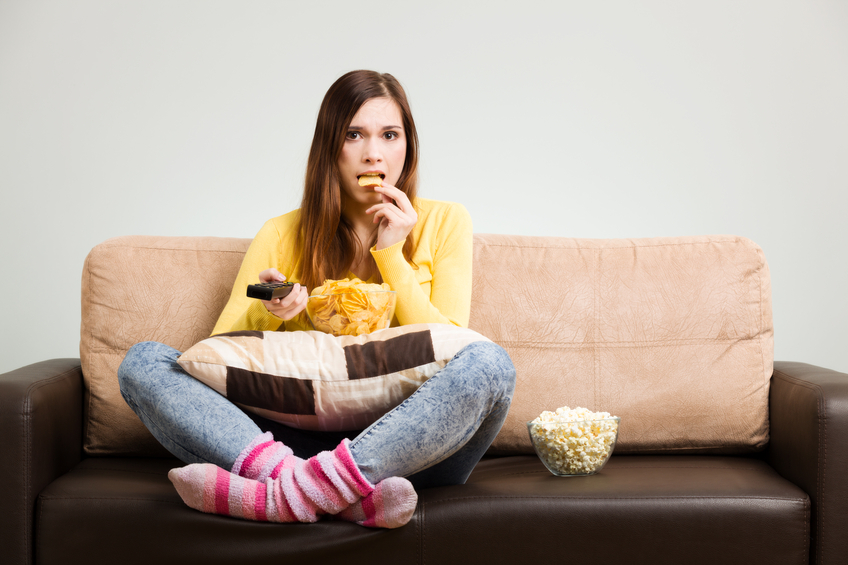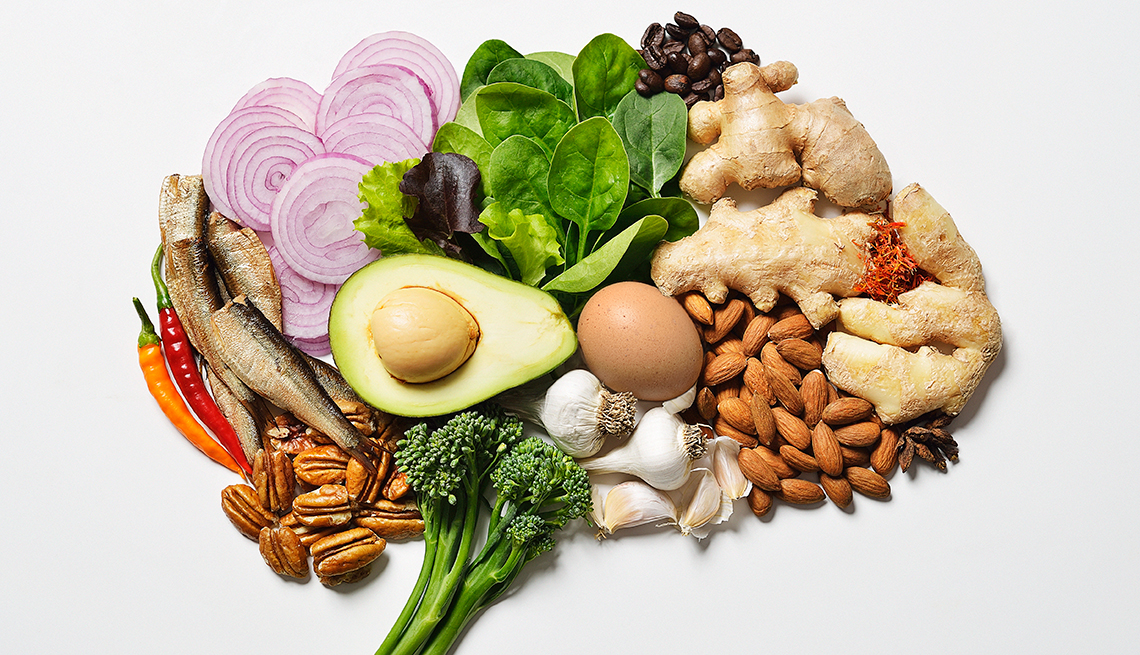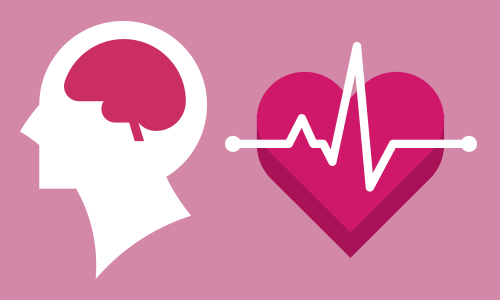In the middle of the semester, you realize you have midterms every week until the end of the semester. You think, “I can manage this.” But then, you realize your inbox is full of alerts of new assignments being uploaded to bSpace. That midterm you thought would be just fine was not “just fine.” You’ve got meetings every night this week, and you’ve got work to do in between your classes. You’re just completely booked for this week, and the next, and the next. You’re stressed.
To keep yourself from going crazy, perhaps you do what I do: eat. That’s right—I’m an emotional eater.
Studying Emotional Eating
Emotional eating is defined as eating in response to what are usually negative emotions.
Researchers at the University of Rhode Island studied the eating behaviors and associated emotions of sixteen college students to determine what factors cause or lead to emotional eating. Four main emotions were found to be experienced daily: stress, happiness, depression, and anxiety.
The participants were asked to complete a three-day food log before having in-depth, one-on-one interviews with the author of the paper. Based on the content of the food journals, researchers observed that negative emotions, particularly stress, were frequently associated with emotional eating by the participants. Specifically, occasions were described involving relationships with families and peers, as well as stress from work that lead to emotional eating. Some males felt that stress caused them to forgo eating and actually reduce their food intake.
The question, then, is why eating is perceived to have some sort of effect on emotions. The participants described it as a distraction with a belief that it could offer some relief. However, participants expressed feelings of guilt after emotional eating. While some could trace the beginning of their habit back to stress from earlier years of schooling, others felt they had always had the habit or could not identify its origin.
The Consequences of Emotional Eating
As an emotional eater, I tend to feel that the sweetest chocolates possible would make me feel less stressed and that the greasiest foods might be the most delicious to me. According to data from 2010, one out of three Americans is obese; two out of three are overweight (Flegal et al. 2010). If eating is a coping mechanism for some, perhaps emotional eating has been playing a role in increasing numbers.
The study discussed here did have its limitations: only sixteen students (eight males and eight females) were surveyed, and the diversity among them was quite limited. Thus, based on this study alone, I would hesitate to make generalizations. But based on personal experience, it seems that this phenomenon is not unique to the University of Rhode Island. And with the belief that lifelong eating habits can be developed or influenced by our current habits as college students, I think it beneficial to consider how emotional eating as a part of the college diet can contribute to healthy eating habits and long-term health issues.
Citations
- Perceptions of emotional eating behavior. A qualitative study of college students by J. Bennett, G. Greene, and D. Schwartz-Barcott from Appetite <http://www.sciencedirect.com/science/article/pii/S0195666312003947>
Article by Judy Kim
Feature Image Source: Health Enews
























